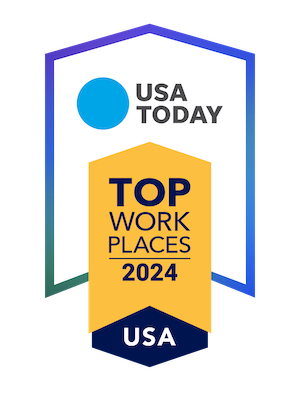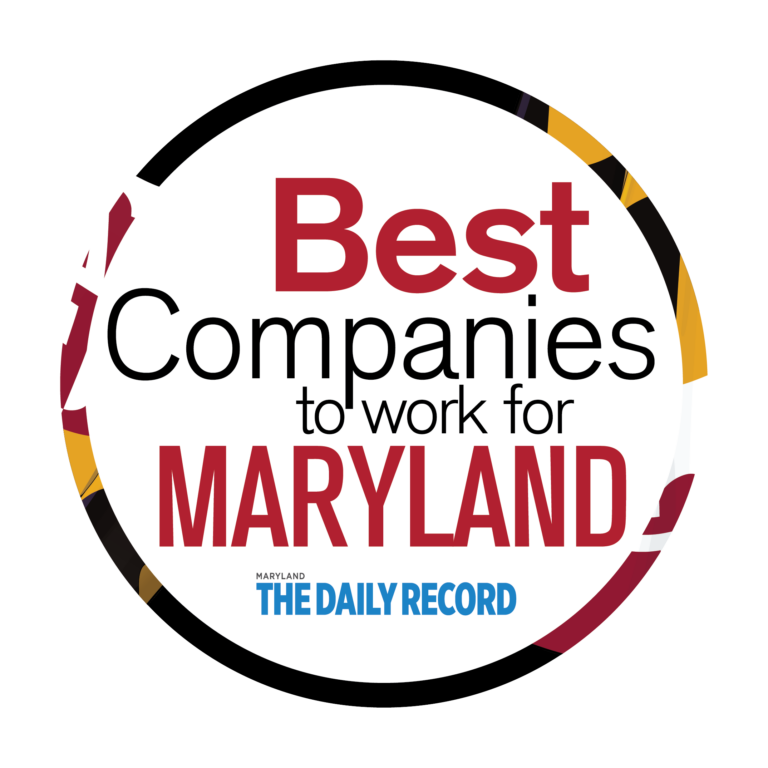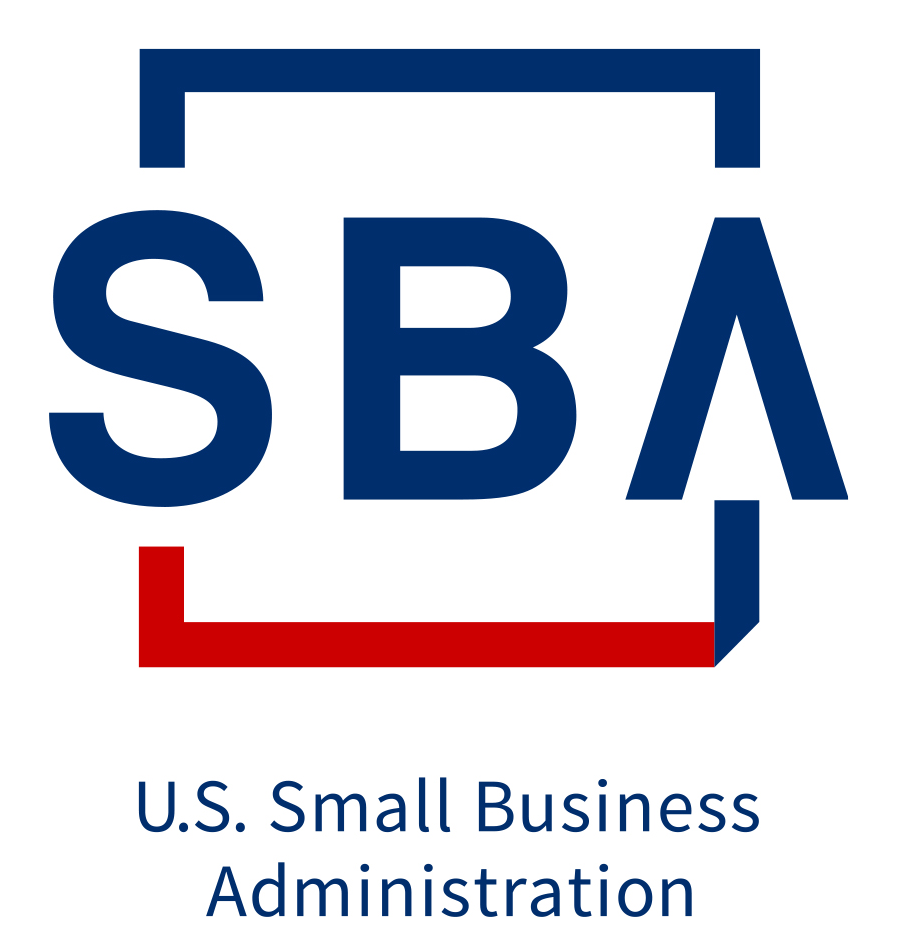Employers of all sizes want to attract top talent regardless of the industry they are in. The only problem is that many employers don’t have what it takes to do so. There are several reasons why employers struggle to employ what they would consider the best but today we are going to focus on one thing. Labor supply and demand.
Firms come in various sizes and operate under highly different market conditions but regardless of these factors, they all have to consider labor supply and demand. The labor supply is essentially the people looking for jobs. Supply can be affected by several factors such as training and education. For example, if a counseling center is looking for people with a Master’s of Psychology and 5 years of experience, the labor supply may be lower because they are looking for a specialized type of education and a specific amount of experience. However, if Walgreens is looking for cashiers with no experience and a high school diploma, their labor supply would be much more. It’s important that you know what your supply is so you know how much you need to focus on attracting the right people.
Labor demand is a derived demand meaning that “it results from the products that labor helps produce” (book). In other words, the more a company needs to produce a specific product or perform a service, the more labor they need to do so. A prime example of this is when the Affordable Care Act launched. The state and local governments needed to hire an abundance of people to meet the demand of the populations in each area so that the needs of the public could be met by specific deadlines. This is why projections are important. When executives determine how much the company is expected to produce, they can determine how much labor they need which of course will help them more accurately determine their projected profit.
Now, let’s take a look at labor supply and demand in a purely competitive labor market. Before we continue, remember that in a purely competitive labor market:
- several employers compete with one another in hiring a specific type of labor.
- many workers with identical skills supply that type of labor.
It is important for both employers and job seekers to know what type of market they are up against. Most likely they are in a purely competitive labor market. Therefore, they need to do market research and understand what benefits other employers offer so they can have a more competitive edge. This can be a ton of work but you don’t have to do it alone.
Seek a staffing agency that understands the labor supply and demand in your market. Someone who has already done their research and who can help you attract top talent. A good staffing agency understands what talent is available and better yet, they know how to get it. It’s their specialty so leave your staffing needs up to the staffing specialist. They will not only do all the footwork for you in regards to understanding your market and the type of talent you are trying to attract but they will also take the lead in getting that talent for you.
Let’s face it, if you are a small company you need the best to go far in your business and if you are a large company, you need to be able to keep the best when competing against the other “big guys.”
Contact us today to get help from an experienced staffing agency. We have an amazing Job Search page that makes it easy to both share and find open positions. You can learn more about our staffing services here. We look forward to hearing from you soon!














